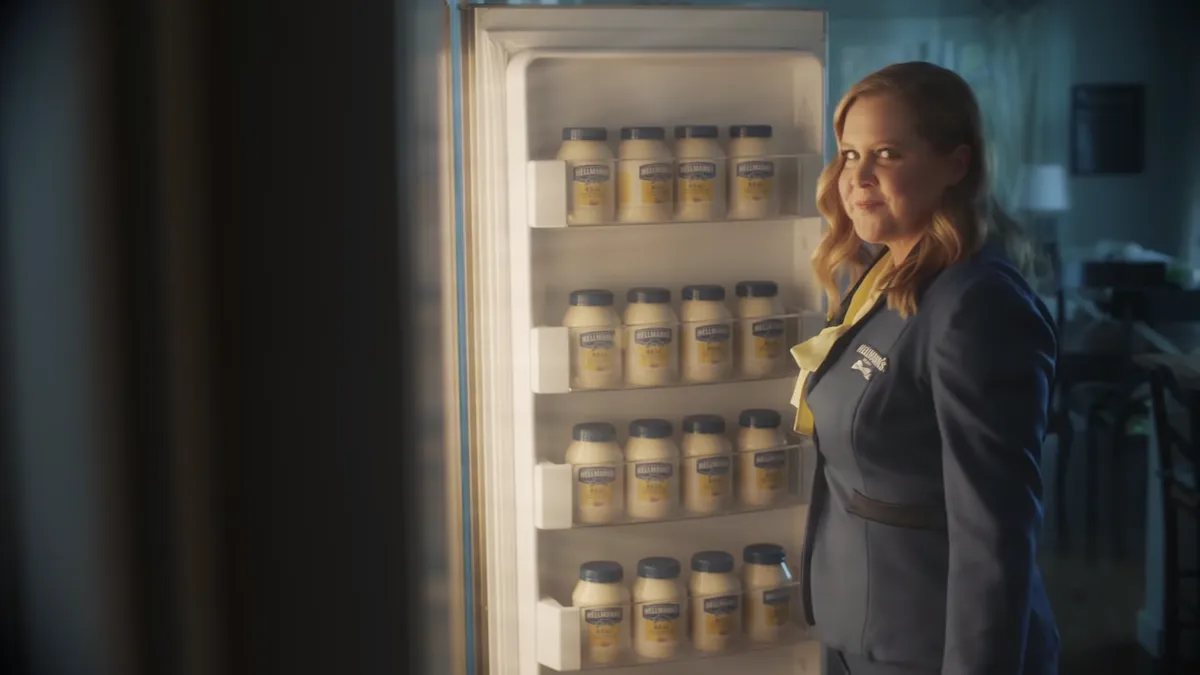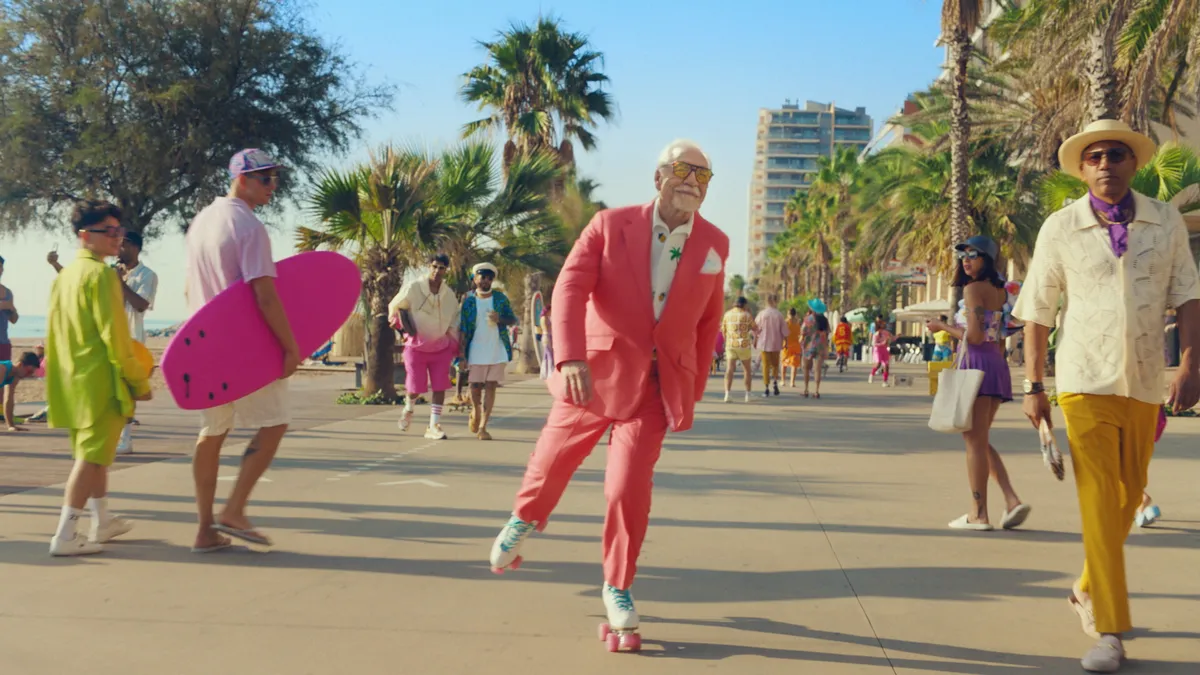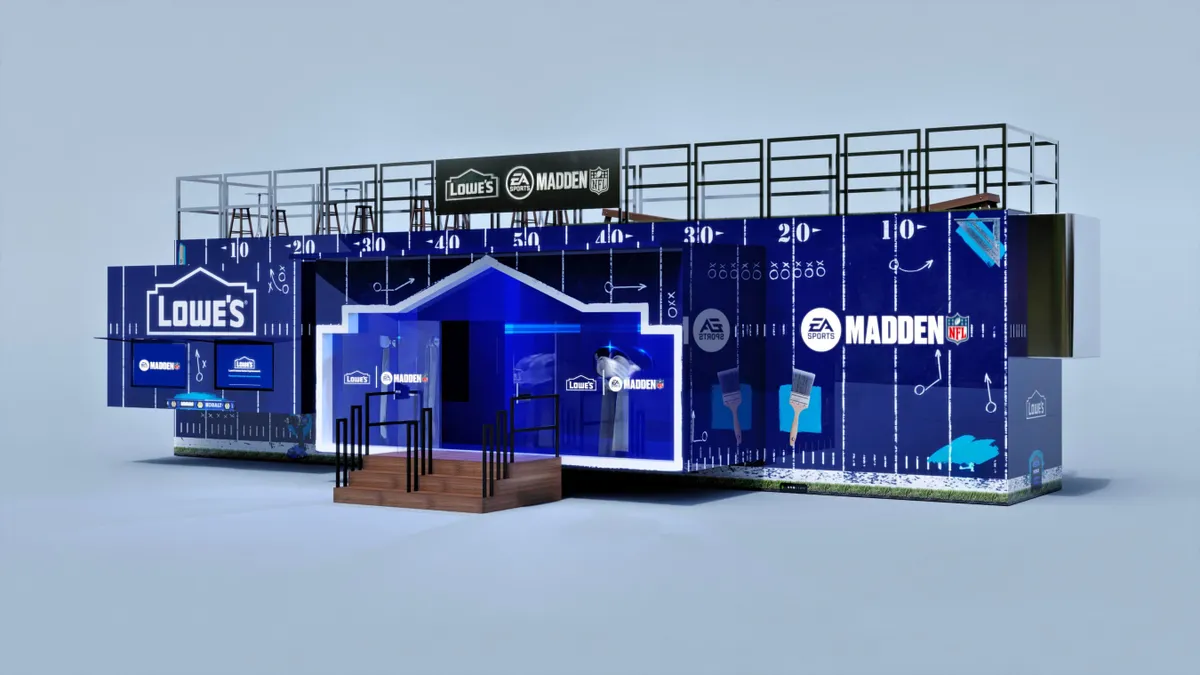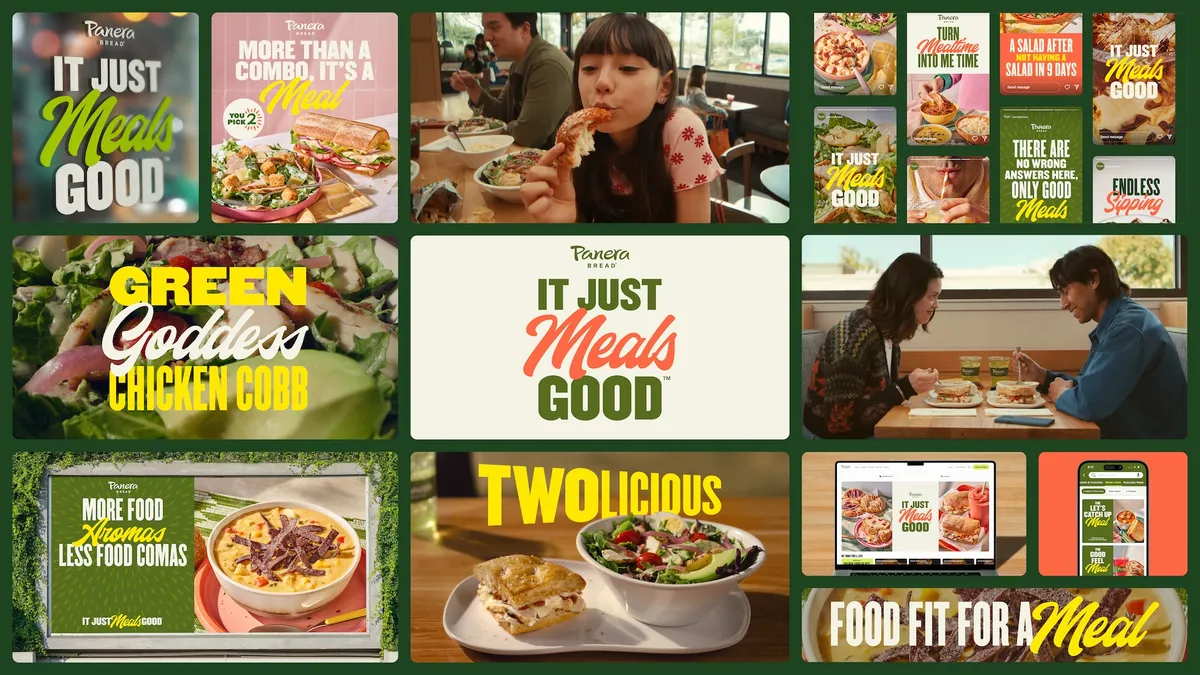Increased consumer attention toward climate change and the environment continues to make sustainability a priority for companies across industries, even amid a pandemic that has changed consumer behaviors and attitudes. Yet marketing sustainable products and related corporate pledges has been a challenge that few have mastered.
Avoiding claims of "greenwashing" — a term for misleading the public about the environmental impact of products or actions — was top-of-mind for several executives during a Wednesday session at Advertising Week that was viewed virtually by Marketing Dive.
"[Greenwashing is] not just intentionally misleading, but also unintentionally misleading," said Marilla Perkins, senior director of marketing and strategic communications at material solutions company Bolt Threads. "As marketers in this space, it's critical that we're asking those hard questions about the language we're using to make sure that we're not unintentionally greenwashing or misleading people about our products."
Consumers increasingly want to buy sustainable brands, with so-called conscious consumption on the rise, Unilever's Chief Digital and Marketing Officer Conny Braams said during the panel.
"Consumers are looking for sustainable products, but the value proposition needs to work as well. So they will be looking for superior product performance against an affordable price," Braams said, noting that the value proposition can speak to a brand's values as well.
Unilever's data shows 64% of consumers plan to pay more attention to the environmental impacts of what they consume. Likewise, searches for sustainable brands are up 40% on Google, and more than half of the growth in consumer packaged goods is driven by sustainably marketed products, according to stats from the NYU Stern Center for Sustainable Business cited by Braams. But data doesn't tell the whole story.
"Indeed, people are very concerned that they want to [do] the right thing, but actually only few people do, and the reason why we see a 'say-do' gap is because it is confusing and complex for them to make the right choices," Braams explained.
The key to marketing sustainable products is making them simple and preferred, and while perhaps easier said than done, driving everyday choices around sustainable behaviors could have an enormous impact on the environment.
What consumers want
The coronavirus health crisis is changing consumer behaviors and attitudes toward brands, complicating marketing around sustainability.
"Especially coming out of the pandemic, consumers are seeking more than ever to align themselves with brands who share their values. But I think we're also seeing that trust of brands is at an all time low," Perkins said.
Perkins shared three keys to marketing around sustainability. First, "rounds and rounds" of copy testing proved that simplicity always won out with consumers, suggesting brands should try to say their message in 10 words or less. Secondly, consumers want brands to acknowledge their role in contributing to the environmental crisis. Lastly, brands must be transparent and acknowledge that sustainability is challenging and these efforts take time.
Unilever has taken these lessons to heart with its corporate and marketing efforts. The Climate Action Transition Plan lays out steps the company will take to reduce emissions to zero within its own operations by 2030 and across its value chain by 2039. In May, 99% of shareholders who voted on the non-binding resolution voted in favor of it.
"As a business, we are confident that early and ambitious climate action will drive also superior performance, and create value for our stakeholders," Braams said.
Unilever is also taking action by strengthening the integration of climate actions with its brands and innovations, as it did with a "Make Taste, Not Waste" campaign by its Hellmann's mayonnaise brand. Powered by a Super Bowl commercial starring comedian Amy Schumer, the effort was informed by research that showed consumers waste an estimated $29 billion a year because of confusion over the meaning of date labels — food waste that runs counter to sustainability. The marketer is also helping brands invest in projects that tackle climate change and protect nature with its Climate & Nature Fund.
For Unilever, the integration of sustainability and marketing is key to changing consumer decisions that are often made within two or three seconds. Using simplicity to share information about sustainability is a challenge, but an opportunity to make real change.
"The only way in which we're really going to crack climate changes is if we get consumers on board, and if they realize as they're doing more and more [acts] driven by the pandemic, that small actions do make a big difference," Braams said.























